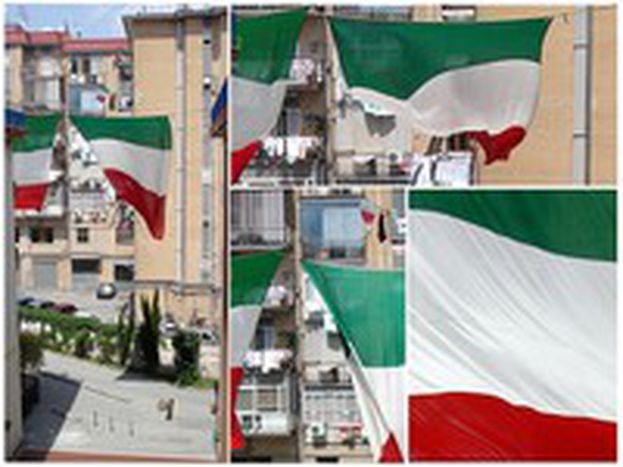
Charcuterie, cars and votes for Italians abroad
Published on
Translation by:
 John Smith
John Smith
The 2001 Tremaglia law permits Italians living abroad to participate in the national elections on 13 and 14 April
Europe, Russia and Turkey. South, North and Central America. And the rest of the world (Africa, Asia, Oceania and Antarctica). This isn't a lesson in geography, but rather how the Italian ministry of foreign affairs has split the world into four constituencies in order to organize the votes of Italian citizens living abroad.
The charcuterie
From now on we can respond to all those who reproach Italy for not being avant-gardist enough, because aside from charcuterie and cars, we also have a law for expatriate Italian voters. This legislative measure began in 2001 when Mirko Tremaglia, the minister for Italians abroad and member of the National Alliance, achieved his greatest wish by he letting more than 3.5 million expatriated Italians participate in the national elections.
The 459/2001 law was born. Its specificity resides in the fact that people who are registered with ‘A.I.R.E’ (the registry for Italians residing abroad), which functions like the civil state registry, can vote for their candidates ‘foreign ground’ in the above mentioned major constituencies. What exactly is at stake in these elections? Twelve MPs and six senators will defend their interests at the Palazzo Montecitorio (Italian government seat) and Palazzo Madama (the senate and chamber of deputies, Italy’s upper and lower house of parliament) in Rome, through the demands of their compatriots who reside abroad.
Calcio for everyone
 Compatriates mostly require better consular laws, as well as access to the diffusion and promotion of Italian culture and language, like watching Italian shows and football championships. They also support that particular ‘made in Italy’ brand with the promotion of Italian enterprises around the world.
Compatriates mostly require better consular laws, as well as access to the diffusion and promotion of Italian culture and language, like watching Italian shows and football championships. They also support that particular ‘made in Italy’ brand with the promotion of Italian enterprises around the world.
2008 will be the third time that this procedure will be applied. It was first taken into account during the 2003 referendum, regarding the reform of the labour code, and more specifically, article 18 which prohibited the unfair dismissal of an employee. However, the real test came under fire during the 2006 elections. In fact, it had still been two years that no one paid much attention to the candidates of foreign constituencies, until the electronic results, and Romano Prodi's victory, thanks to the vote of two senators ‘abroad’.
Until now, results haven't seemed very illustrious. Maybe this was because of a lack of experience of those candidates or a lack of time due to these being snap elections after Prodi was forced to resign on 21 February. In any case, concrete ameliorations are rarely observed by Italians abroad. According to a recent survey by Rai International, 45.2 % of those asked thought that voting abroad was not a positive experience.
Hopefully this time people will be happier with the results, and most of all that those Italians living abroad will not be obliged, again, to explain to their friends and acquaintances another wholly Italian characteristic - the anticipated elections on 13 and 14 April again, ancora, noch einmal, otra vez …
In-text photo: Italians react in 2006 (GianniD/ Flickr)
Translated from Italiano all'estero? Al voto!


